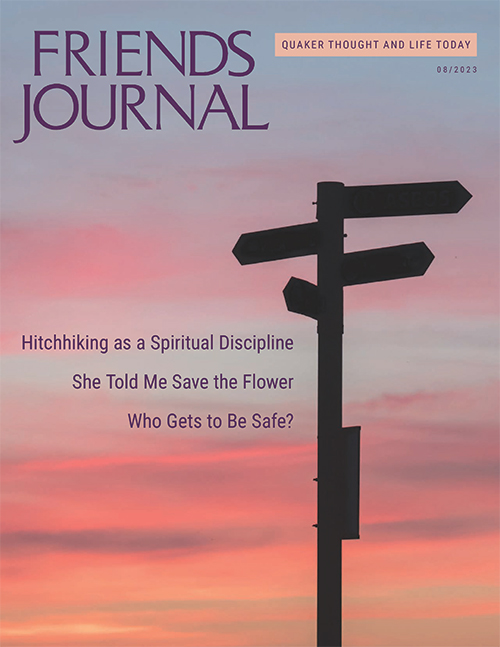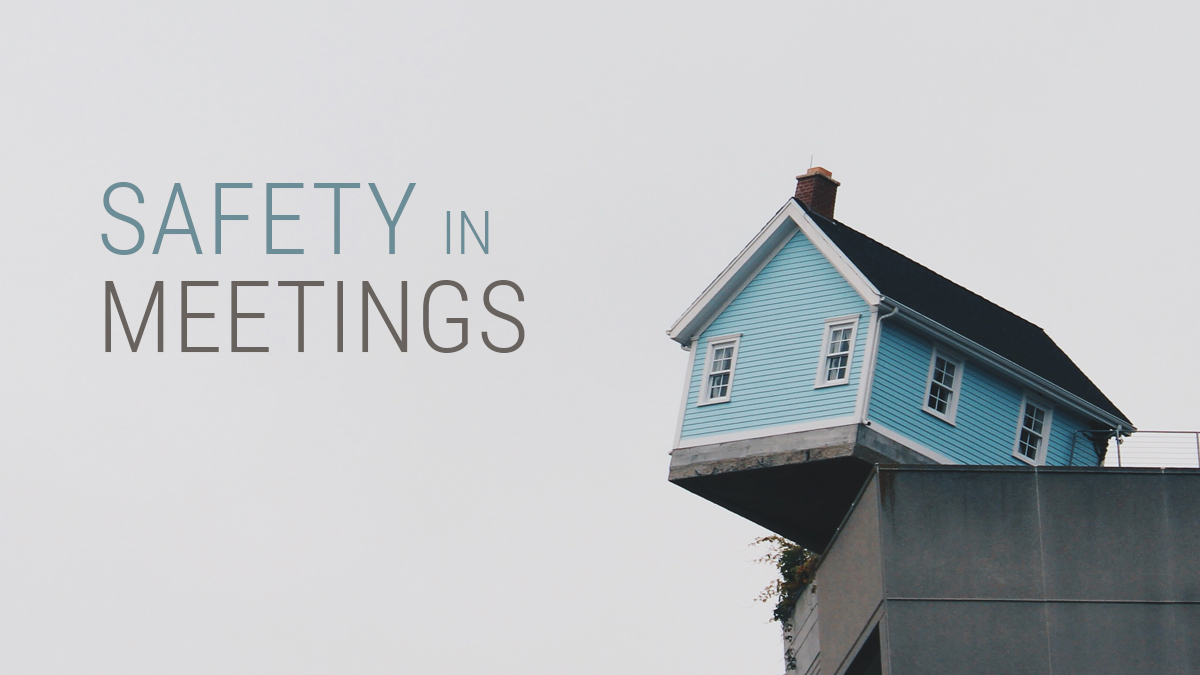I’ve been a part of the Quaker community for a long time, a fact brought to mind recently when I traveled back to the Pacific Northwest, where I grew up, to participate in the Friends General Conference Gathering. I sat next to Windy Cooler one evening to attend a splendid presentation by Lauren Brownlee on “Listening as a Prerequisite for Solidarity.” As we were chatting afterward, Windy (who is about my age but joined Friends as a young adult) asked me why I’m still a Quaker, noticing that many folks of my generation who grew up among unprogrammed Friends in the United States have drifted away.
What came to mind at that moment as I talked my way through an answer to Windy’s query was that it was a joy to reconnect with Friends who knew me and my family when I was a child and a teenager. How seen and loved I was in this community, even at a young age! And what a gift it will be for my own kids, if they stick with it, to grow in a faith community like this one. It feels like I have been entrusted with something both precious and abundant. Another reason is a quality evidenced by Friends when we are at our best: the ability to hold, in beautiful balance and tension, the conviction of Spirit’s presence in and among us with the humility of not assuming we know in advance what is right. True discernment and true spiritual formation come when we dwell in that balance, when we are not afraid to work through it out in the open.
Timothy Tarkelly’s article about hunting in this issue of Friends Journal (“Allowable Diversions: A Friend Explores the Morality of Hunting”) is a fine example of discernment around an issue that merits more than a facile application of a Quaker “SPICE” and a wag of the finger. I appreciate Friends who are willing to admit they might be wrong, and who do the work to find out. So why is it that people might leave Quakers, when at our best this is a community so willing to seek and walk toward truth together? The story Katharine Jager tells in “Who Gets to Be Safe? Struggling to Find Unity on Gun-Free Zones” illustrates one kind of possibility: a Friends meeting where a lack of willingness to listen to and demonstrate care for those already in the community, in order to avoid offending an imagined visitor, led to her family’s exodus from Quakerism. Reading this story made me consider whether the care I have felt and feel among Friends is truly as abundant and accessible as I imagine it to be. If it is not, that’s a problem whose resolution is vital to our future.
P.S. Windy Cooler’s ministry is spotlighted in the first video of QuakerSpeaks’s tenth season. I hope you’ll check it out, and meet Christopher Cuthrell, the new producer behind QuakerSpeak’s camera, who’s interviewed by associate editor Gail Whiffen in these pages.






Comments on Friendsjournal.org may be used in the Forum of the print magazine and may be edited for length and clarity.